116 min
Make a Game With PlayCanvas in 2 Hours
Top ContentFeatured WorkshopFree
In this workshop, we’ll build a game using the PlayCanvas WebGL engine from start to finish. From development to publishing, we’ll cover the most crucial features such as scripting, UI creation and much more.
Table of the content:- Introduction- Intro to PlayCanvas- What we will be building- Adding a character model and animation- Making the character move with scripts- 'Fake' running- Adding obstacles- Detecting collisions- Adding a score counter- Game over and restarting- Wrap up!- Questions
Workshop levelFamiliarity with game engines and game development aspects is recommended, but not required.
Table of the content:- Introduction- Intro to PlayCanvas- What we will be building- Adding a character model and animation- Making the character move with scripts- 'Fake' running- Adding obstacles- Detecting collisions- Adding a score counter- Game over and restarting- Wrap up!- Questions
Workshop levelFamiliarity with game engines and game development aspects is recommended, but not required.





























